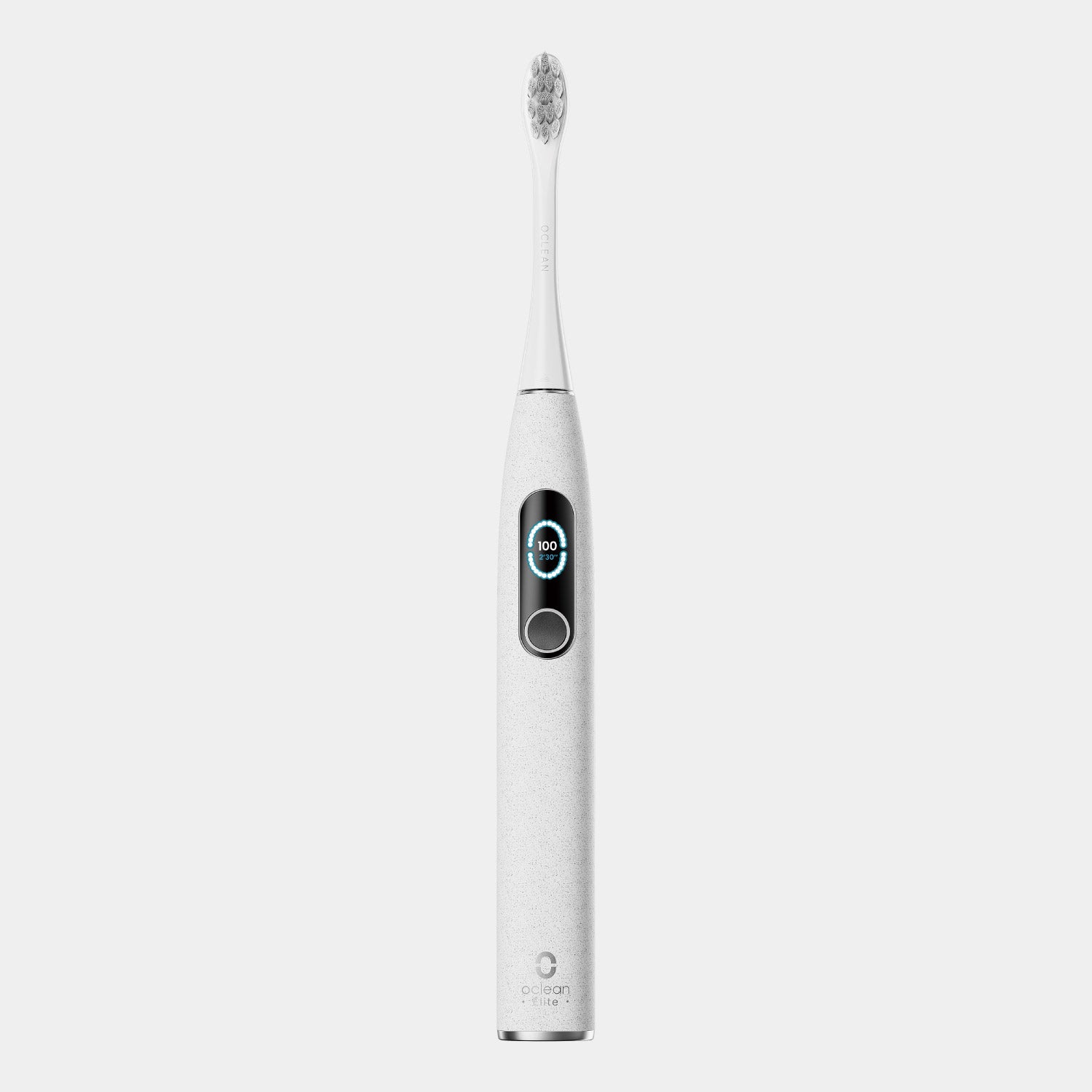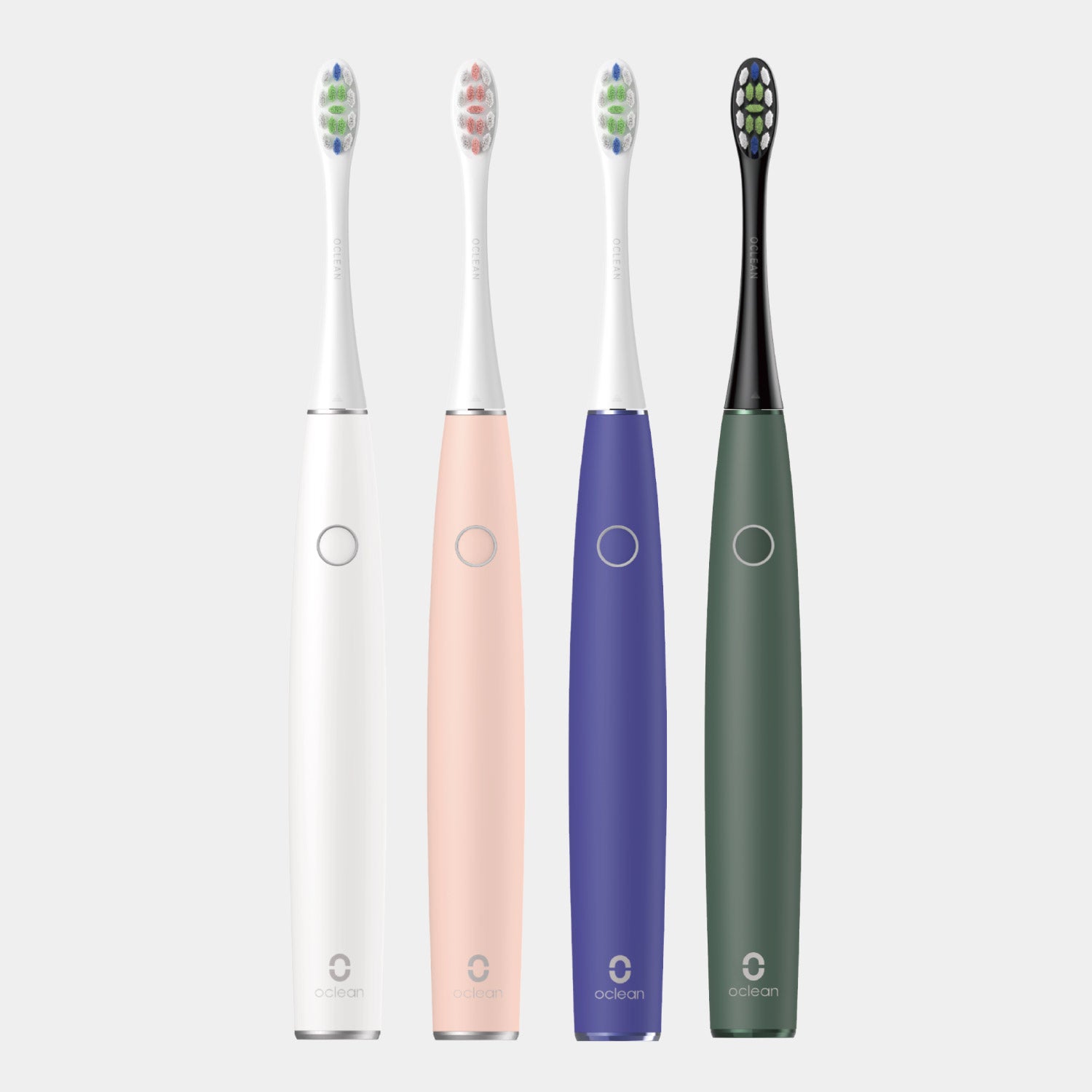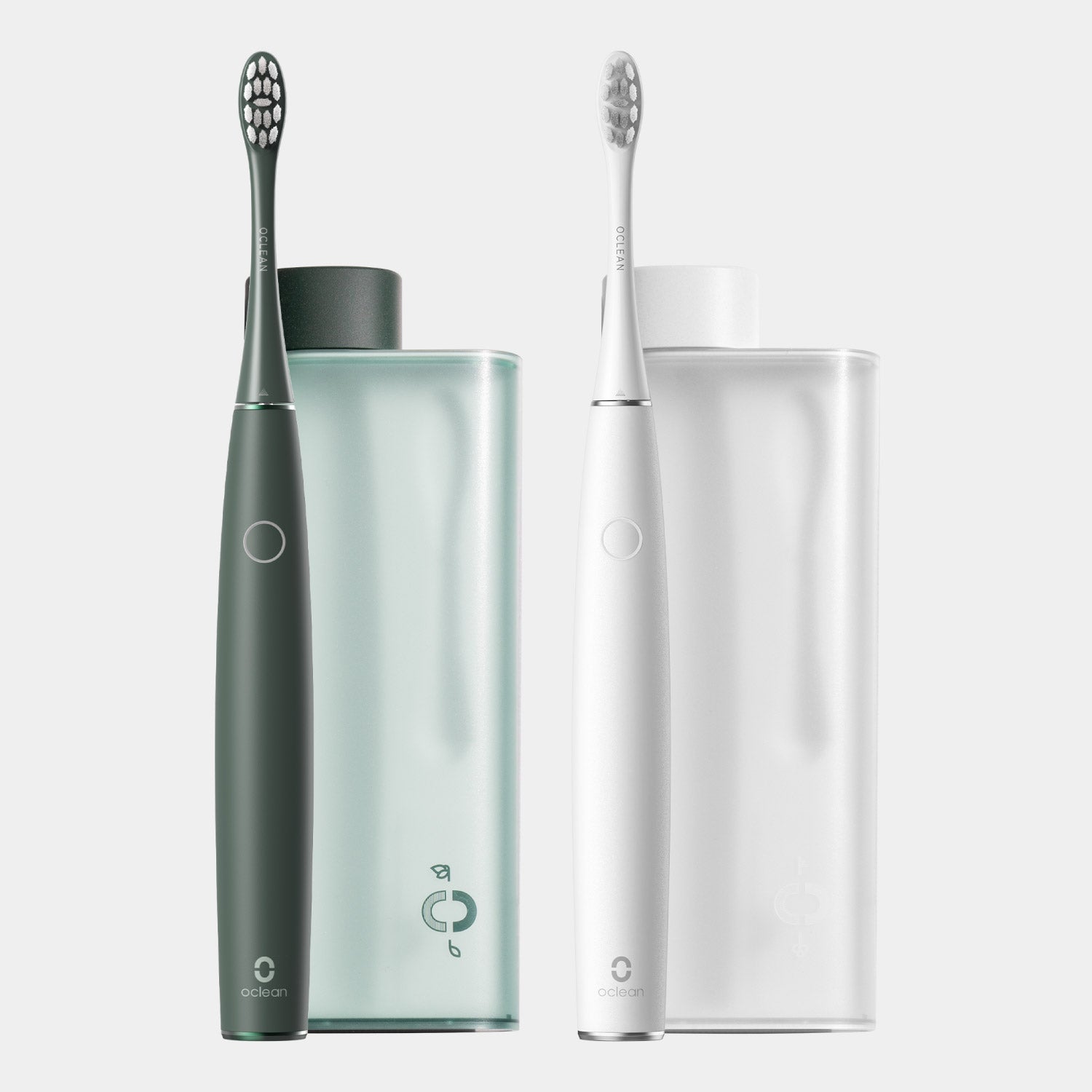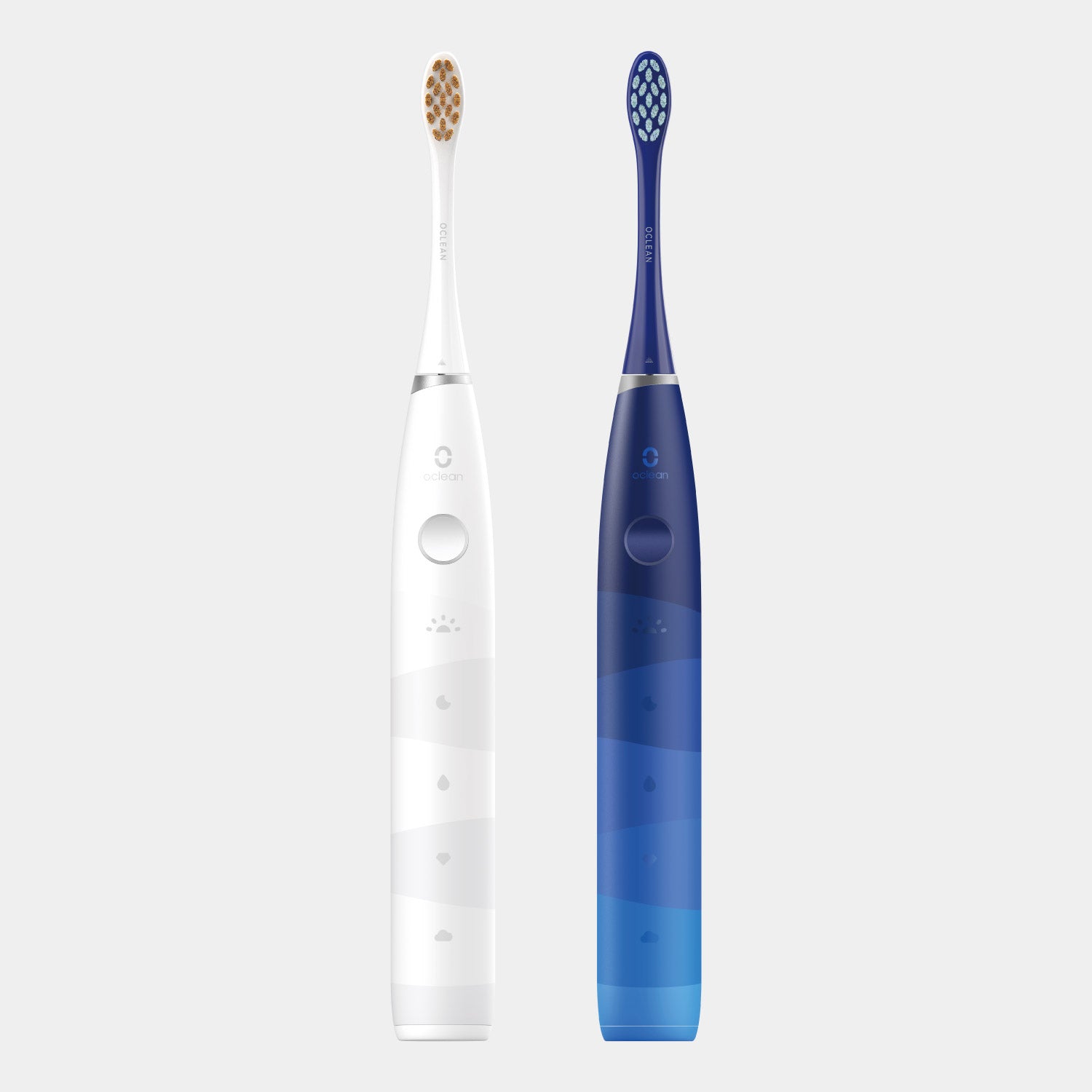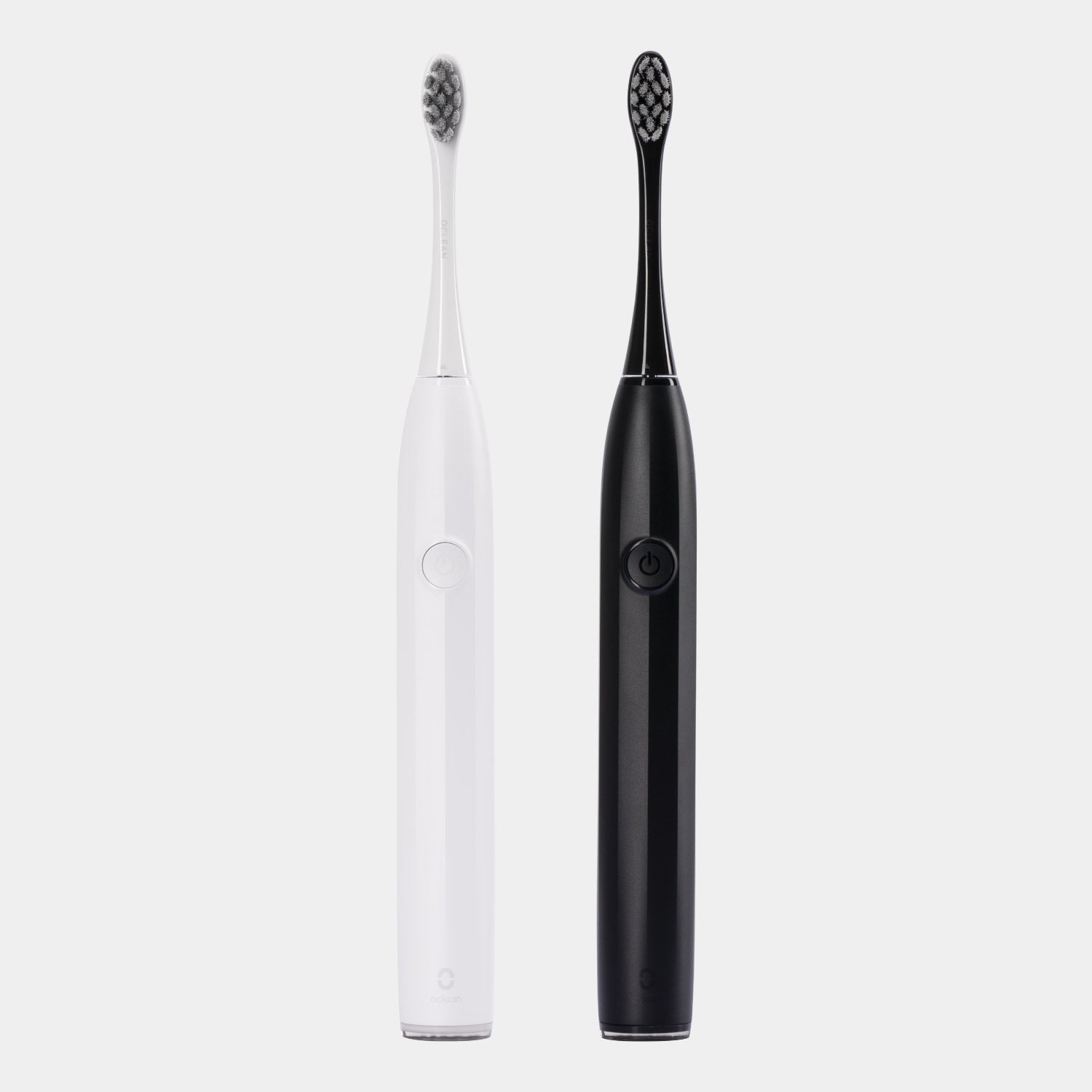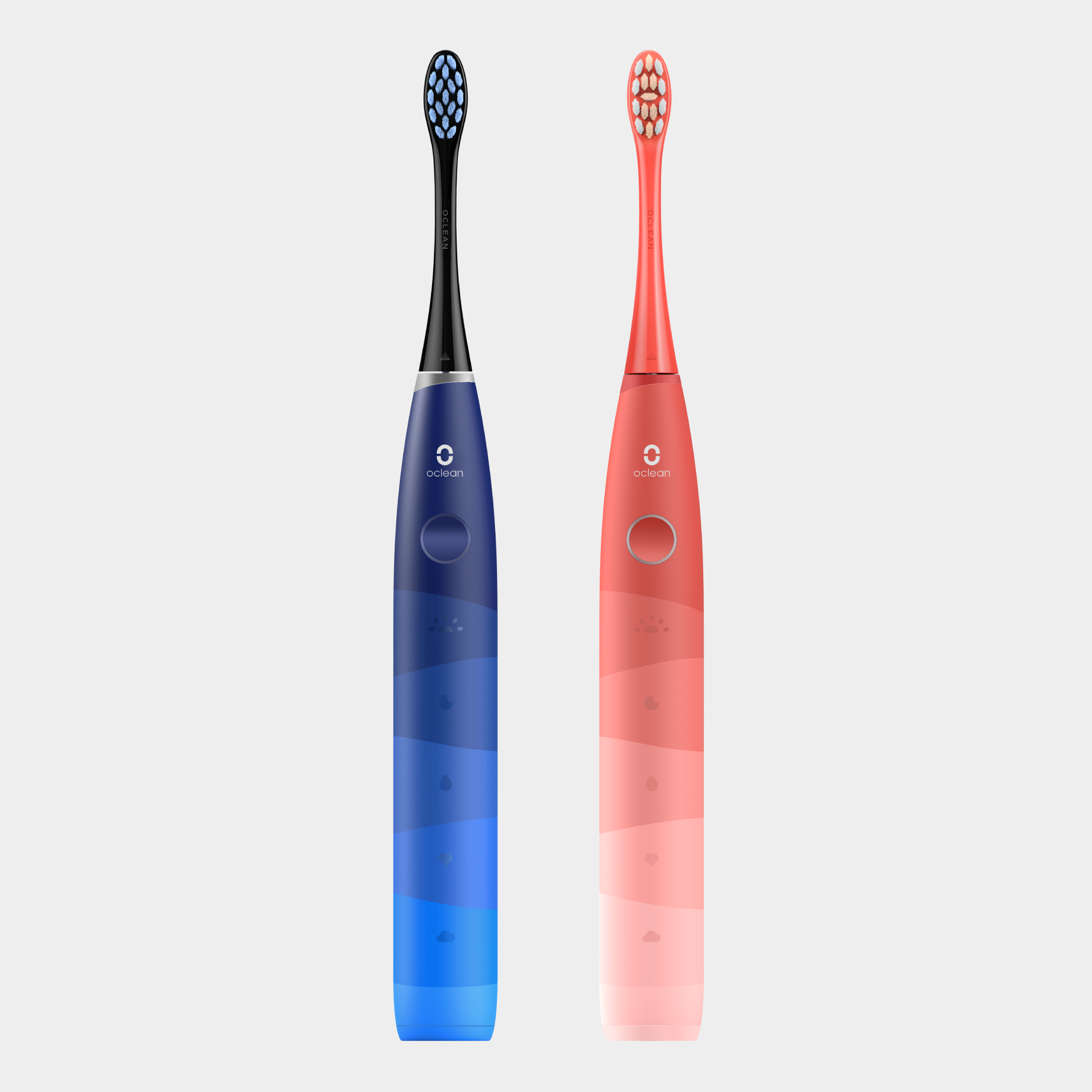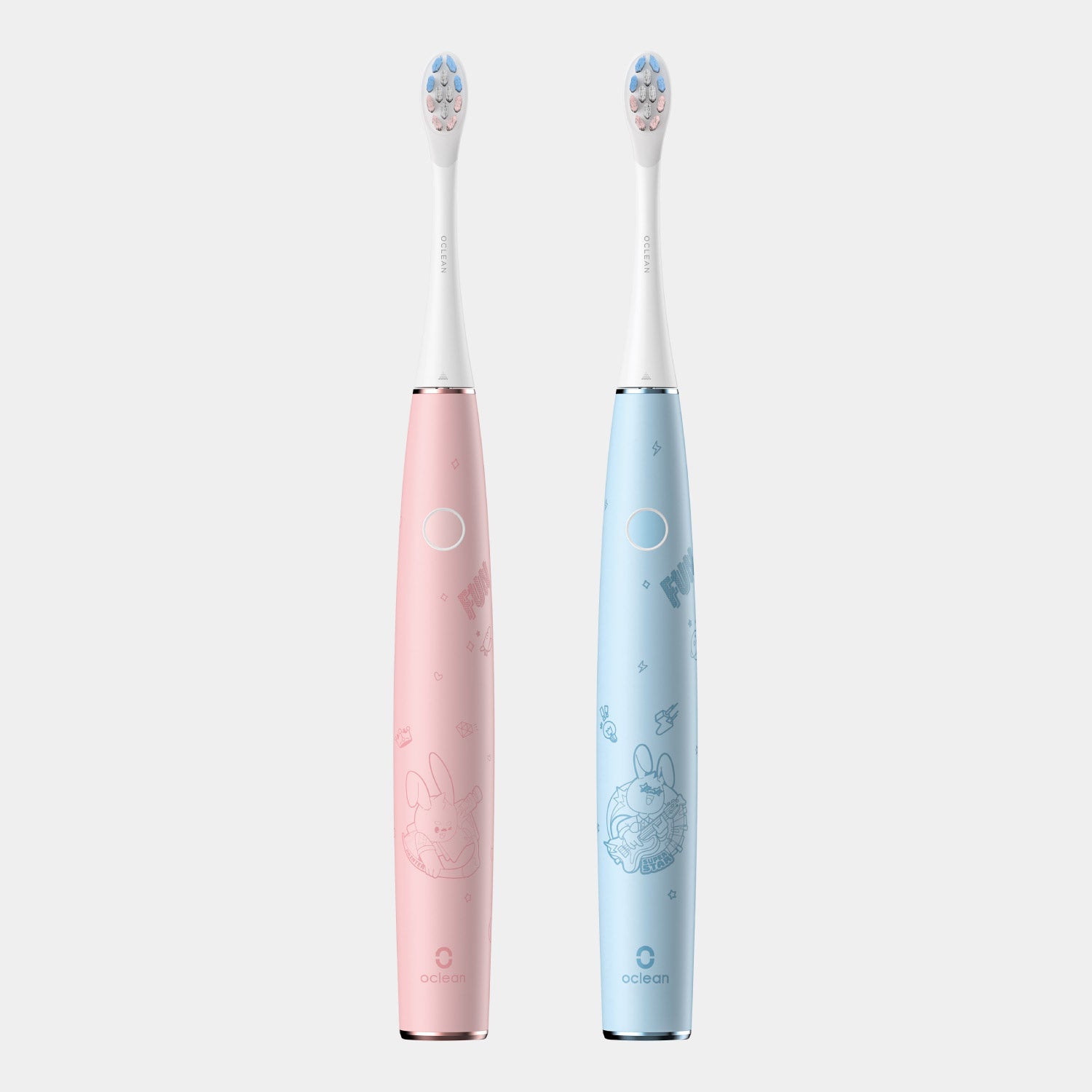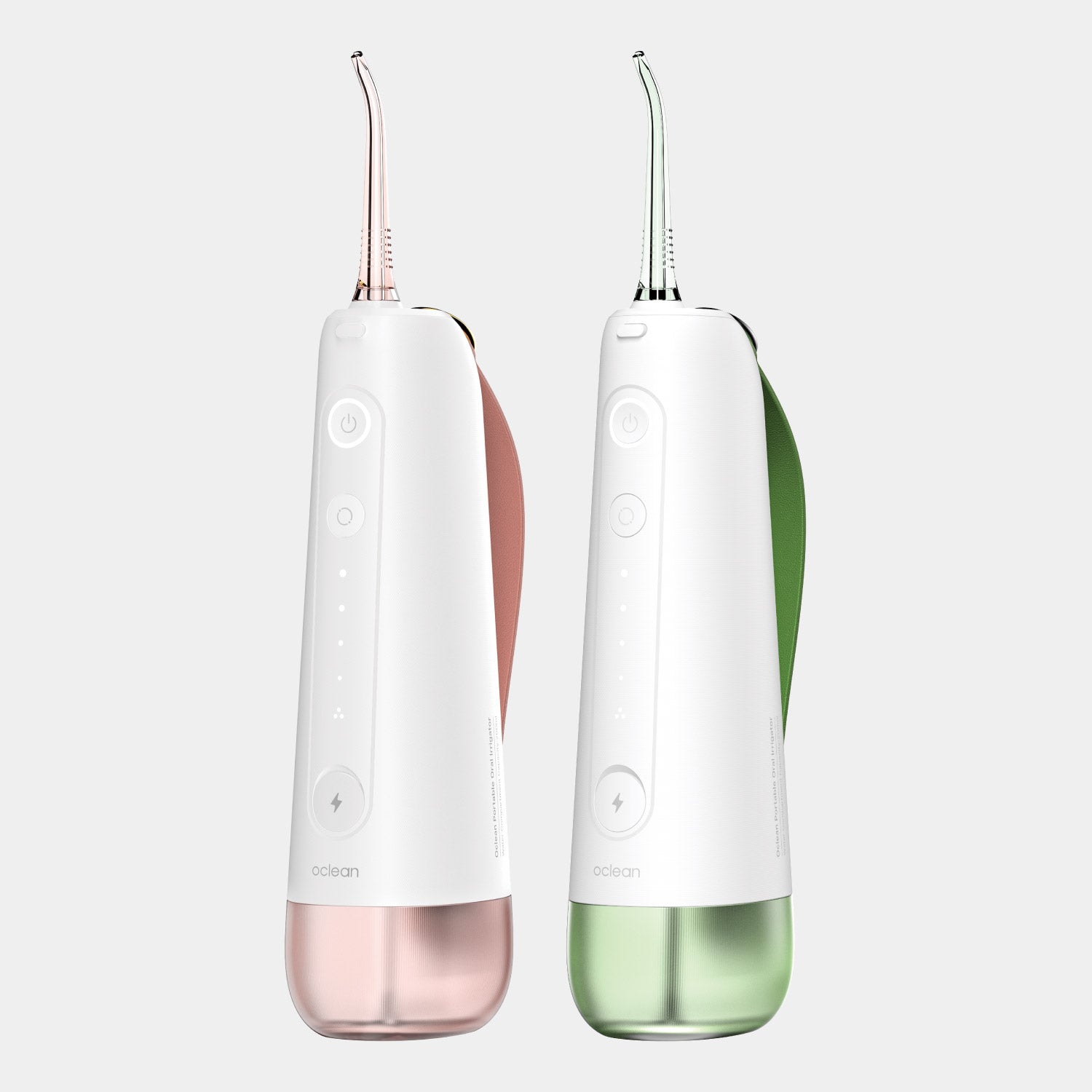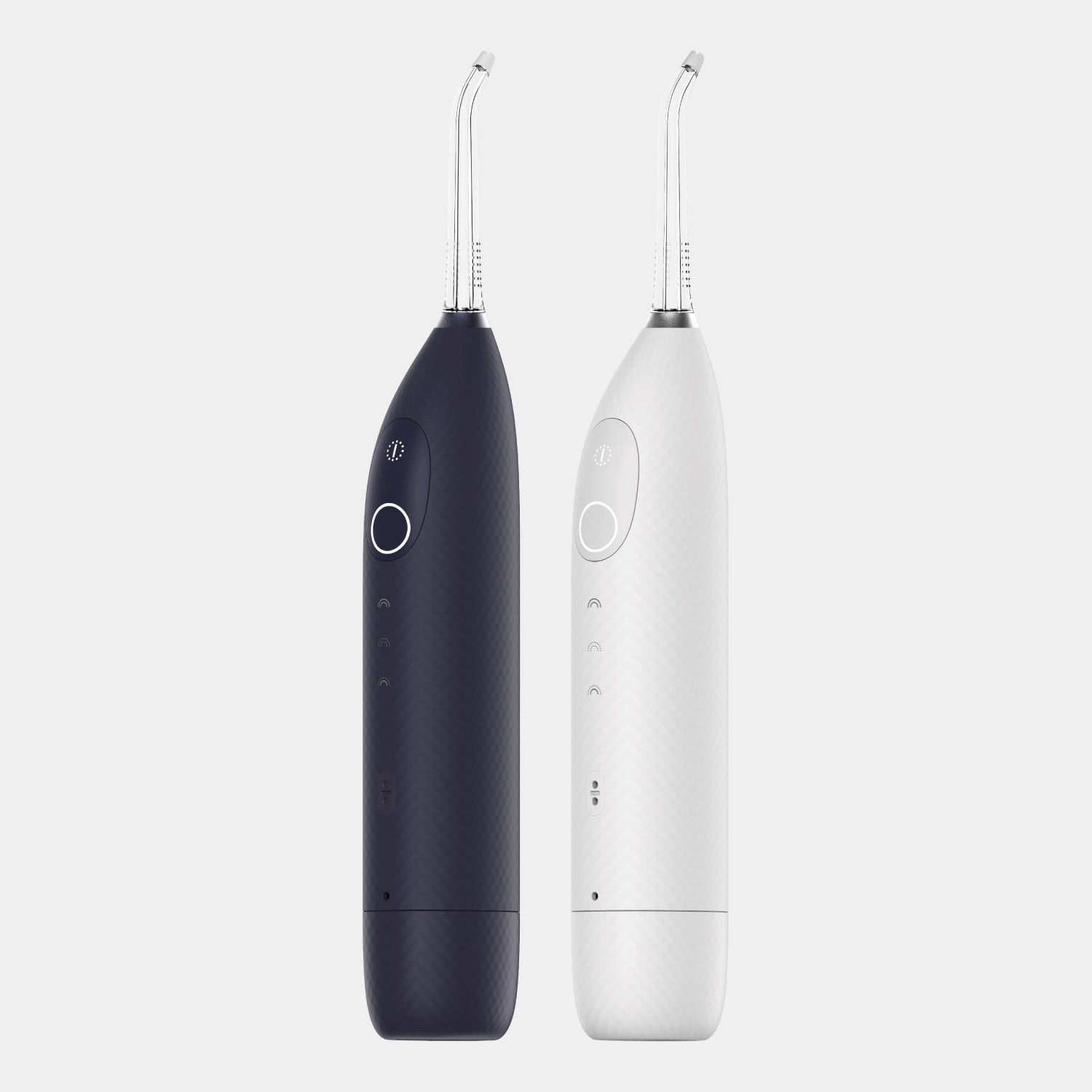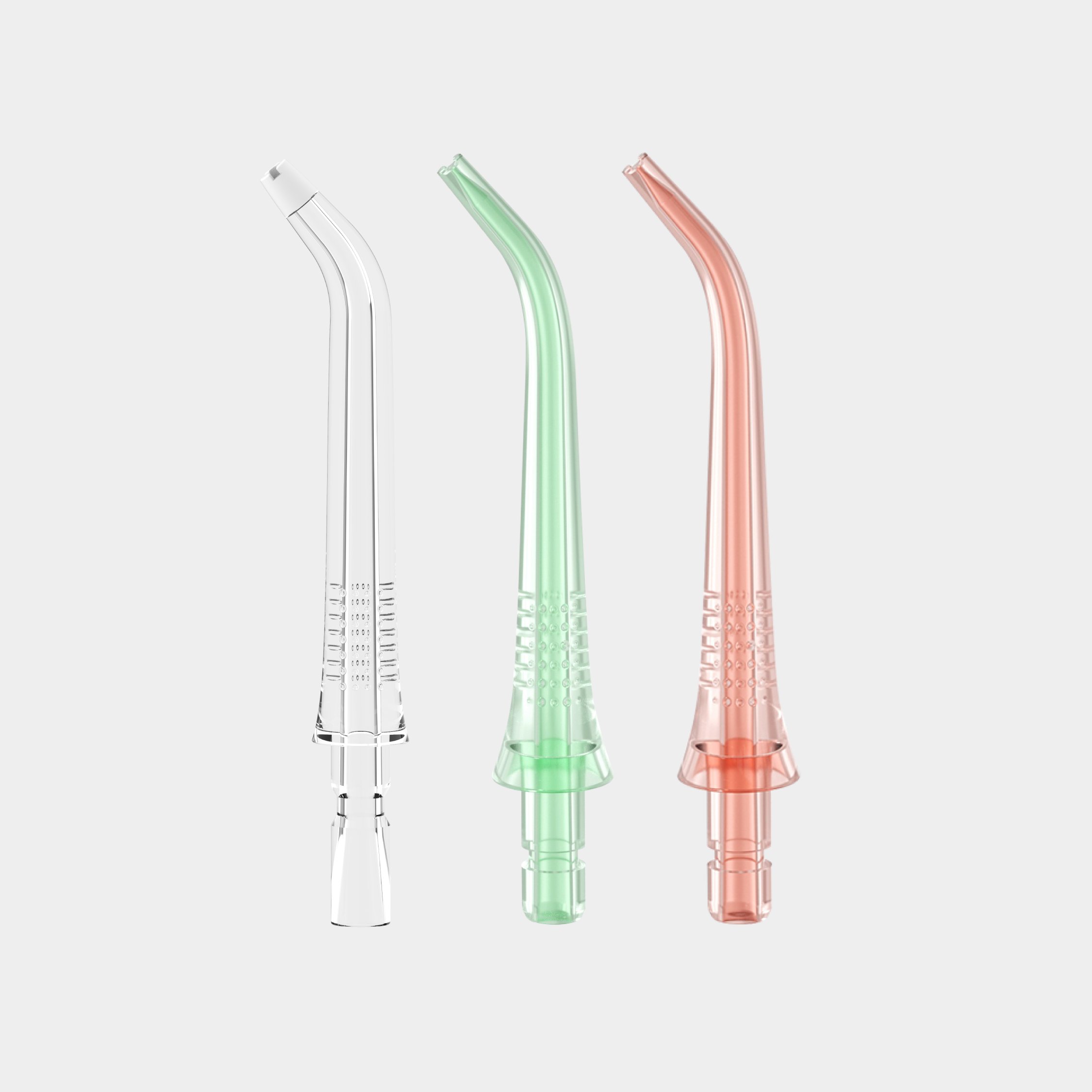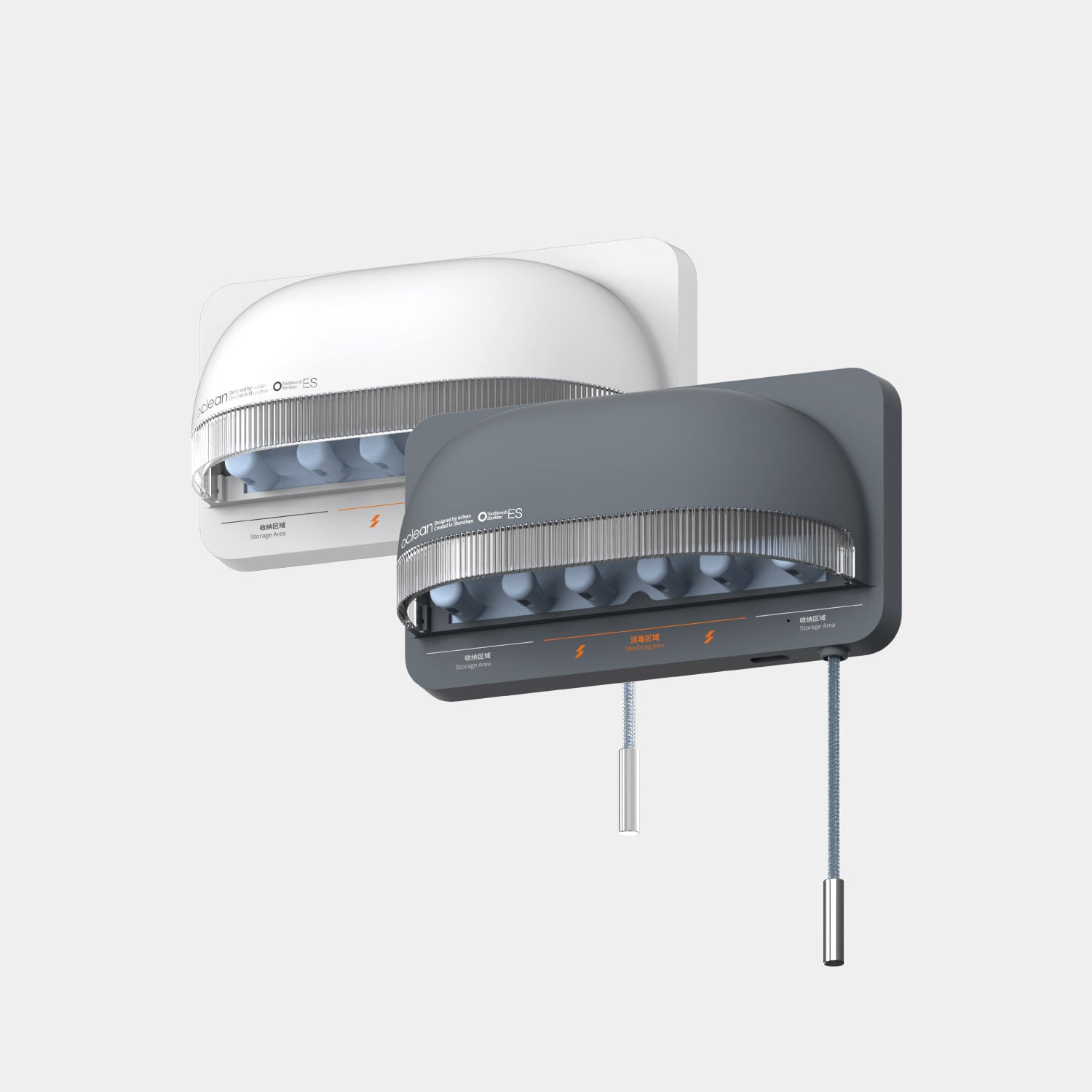Sensitive teeth can turn simple pleasures like sipping your morning coffee or enjoying ice cream into moments of discomfort. The condition is relatively common, as it affects approximately 25 to 30% of adults. [1] When this occurs, the sensitive parts of the teeth are exposed when the layers protecting them get worn away, thus exposing nerve endings and causing sharp, sudden pain triggered by hot, cold, sweet, or sour.
And sensitive teeth are not something to be ignored, for this could be the pathway to more serious dental problems. If you are thinking of ways how to get rid of sensitive teeth, then you have come to the right place. In this article, we will explore the causes, remedies, and the best ways to prevent sensitive teeth.

What are Sensitive Teeth?
Sensitive teeth are caused either when protective enamel wears down, or other gum recession exposes the roots of the teeth. [2] Under the enamel, there comes a layer called dentin. It is a porous layer with tiny tubules that connect to the nerve center of the tooth. Once the dentin is exposed, then external stimuli, which include hot, cold, sweet, or acidic types of food, can travel down the tubules toward the nerve and thus cause pain or discomfort in the mouth.
Sensitive teeth can also be associated with other dental issues such as cavities, gum disease, or a cracked tooth.

What Do Sensitive Teeth Feel Like?
Sensitive teeth are sharp, sudden twinges of pain or discomfort in various external stimuli, like those caused by hot or cold temperature changes, sweet or acidic food, and even brushing of teeth. The pain usually involves the affected teeth and might extend deep into the roots. [3]
It may vary from mere irritation to strong pain depending on the amount of lost enamel or the dentin that has been exposed. The pain may be brief, existing for a very short time and disappearing soon, or, for some people, it will be longer and persist to be a chronic discomfort.

Symptoms of Sensitive Teeth
● Discomfort when consuming hot, cold, sweet, or sour drinks and foods
● Pain related to exposure to cold air
● Sensitivity while brushing, flossing, or at the time of dental cleaning
● Sharp pain with alcohol-based mouth rinses
The intensity can be anywhere from mild discomfort to sharp pain at the root of the teeth and may happen anytime without warning.

Sensitive Teeth Causes
The following are the usual causes of sensitive teeth:
● Too much pressure while brushing will wear away the enamel, causing gum recession and exposing sensitive dentin. [4]
● Receding gums can be due to genetics, periodontal disease, or improper brushing.
● Gum disease and loss of the supporting ligaments are responsible for root surface exposure.
● Cracked teeth may allow bacteria to reach the pulp of the tooth and cause inflammation and pain.
● Habit grinding or clenching wears away the enamel, exposing the dentin.
● The high application of whitening treatments momentarily gives rise to sensitivity.
● Plaque on root surfaces may also contribute to sensitivity.
● If too much of the diet consists of acidic foods, such as citrus fruits, tomatoes, or pickles, then these may wear away the enamel.

Sensitive Teeth After Procedures
● Sensitive Teeth After Filling
Some sensitivity following the placement of a filling is normal, especially if the filling is close to the nerve. This should get better as your tooth heals. If the pain persists, see your dentist.
● Sensitive Teeth After Whitening
Whitening products may temporarily open the pores in your enamel, creating sharp sensitivity to hot, cold, or sweet stimuli. Use a sensitivity-reducing toothpaste and see your dentist if discomfort persists.
● Sensitive Teeth After Cleaning
Deep cleaning and scaling have a tendency to expose the sensitivity of the teeth. This is temporary, especially around the gum line. It can easily be relieved through desensitizing toothpaste.
Why Are My Teeth So Sensitive?
Tooth sensitivity generally results from exposed dentin, gum recession, or the erosion of enamel. Potential stimuli would come from changes in temperature, sweet food, and acid drinks, often associated with sharp, well-defined pains. If you find yourself wondering, " Why are my teeth sensitive all of a sudden?" this could be evidence of recent damage to enamel, inflammation of the gums, or dental trauma.

Why Are My Front Teeth Sensitive?
Sensitivity in the front teeth could be due to thin enamel, receding gums, or minute cracks in the teeth. Overuse of whitening products or acidic foods can also make the front teeth more sensitive.
Why Are My Bottom Teeth Sensitive All of a Sudden?
If you have sudden sensitivity in your bottom teeth, it might be a recession of gums, a deposition of plaque, or a cavity that has not yet been detected. This can also emanate from teeth grinding, specifically when you are stressed.
Is There Anything I Should Avoid If I Have Sensitive Teeth?
If you have sensitive teeth, some foods and habits can make the discomfort worse. Avoid or limit:
● Hot or cold food and drinks: ice cream, coffee, cold water.
● Sweet and acidic items: citrus fruits, soda, and pickles, which may exacerbate sensitivity.
● Brushing with cold tap water; try using warm water instead.
● It’s essential to maintain regular brushing and flossing, even if sensitivity occurs. Skipping oral care can lead to further dental issues.

How to Stop Sensitive Teeth Pain Immediately
If you're wondering how to treat sensitive teeth or stop the pain, here are some quick and effective steps:
1. Desensitizing toothpaste: Use toothpaste specifically for sensitive teeth. Apply a thin layer directly onto sensitive areas before bedtime for faster relief. [5]
2. Fluoride treatments: Fluoride strengthens enamel and can help desensitize teeth. Dentists may recommend at-home fluoride products or apply fluoride varnish in their office. [6]
3. Avoid triggers: Extremely hot or very cold food and beverages may trigger the sensitivity. As well as sweet and acid things, try to avoid these to a minimum or altogether.
4. Use a soft-bristled toothbrush: It reduces enamel abrasion and irritation to gums.
For long-term relief, take a look at the suggestions below:
● Maintain good oral hygiene through gentle brushing and flossing daily to prevent plaque accumulation.
● Minimize the amount of acidic foods and drinks that wear away enamel.
● Fluoridated mouthwash or prescription fluoride will help reduce the sensitivity.
● A night guard can protect the enamel from further damage in cases of grinding.

Advanced Treatments for Sensitive Teeth
If your sensitivity is persistent, the following are some professional procedures a dentist may recommend:
● Dental bonding: This involves covering the exposed roots and thus shielding them from stimulus.
● Dentin sealer or adhesives: Provides a protective barrier over sensitive areas.
● Gum grafting: This will renovate the gum tissue over the root exposure and reduce sensitivity.
● Fluoride varnish: Strengthens enamel and prevents discomfort.
● Laser treatment: Lasers can cure sensitive teeth by sealing exposed tubules in the dentin and providing long-lasting relief.

Home Remedies for Sensitive Teeth
If you are looking for some home remedies for sensitive teeth, here are a few easy practices that can help relieve you from discomfort:
● Saltwater rinse: Warm salt water gargling can reduce sensitivity and inflammation by up to two times a day. [7]
● Clove oil: Using a cotton swab, clove oil is applied to the sensitive area for its analgesic effect.
● Desensitizing toothpaste: A number of brands offer fluoride-enriched natural alternatives to block discomfort.
Best Sonic Toothbrush for Sensitive Teeth
A good toothbrush can make all the difference when one is suffering from sensitive teeth. Oclean offers a range of sonic electric toothbrushes that will help you with your oral care without being too harsh on sensitive gums. For example, the Oclean X Lite is perfect for those with sensitive teeth. It features a smart screen for brushing feedback and offers added tips if areas are missing.

And Oclean Kids electric toothbrush comes designed for children aged between 6-12 years old and has combined soft silicon brush heads with ultra-quiet operations of less than 37dB to ensure a pleasant experience.

Best Dental Care for Sensitive Teeth
Taking care of sensitive teeth requires a gentle yet effective approach. Use a soft-bristled toothbrush and fluoridated toothpaste designed for sensitivity. It is counter-productive to brush hard when taking this condition into consideration, which usually only serves to wear tooth enamel out of tooth bone and irritate gums along those roots.
Regular dental checkups should help monitor and treat further symptoms. The use of mouthwashes designed to aid sensitive teeth can help with pain from sensitivity. Also, avoiding acidic foods and drinks prevents erosion. Such complementary approaches will enable one to keep teeth healthy and lower painful discomfort.
The Bottom Line
Fortunately, sensitivity can be managed and even avoided if properly taken care of. From using specialized toothpaste to maintaining a healthy oral hygiene routine, there are many ways to protect your teeth and minimize discomfort. Keep constant dental hygiene and, when necessary, seek professional advice to ensure sensitivity is at bay while your smile is healthy.
Reference
1. Splieth, Christian H., and Aikaterini Tachou. “Epidemiology of Dentin Hypersensitivity.” Clinical Oral Investigations, vol. 17, no. S1, 7 Dec. 2012, pp. 3–8, www.ncbi.nlm.nih.gov/pmc/articles/PMC3585833/, https://doi.org/10.1007/s00784-012-0889-8. Accessed 24 Nov. 2019.
2. West, N. X., et al. “Dentin Hypersensitivity: Pain Mechanisms and Aetiology of Exposed Cervical Dentin.” Clinical Oral Investigations, vol. 17, no. S1, 9 Dec. 2012, pp. 9–19, https://doi.org/10.1007/s00784-012-0887-x.
3. Dimitrios Dionysopoulos, et al. “Dentin Hypersensitivity: Etiology, Diagnosis and Contemporary Therapeutic Approaches—a Review in Literature.” Applied Sciences, vol. 13, no. 21, 24 Oct. 2023, pp. 11632–11632, https://doi.org/10.3390/app132111632.
4. Clinic, Mayo. “Treatments for Sensitive Teeth.” Mayo Clinic, 2019, www.mayoclinic.org/healthy-lifestyle/adult-health/expert-answers/sensitive-teeth/faq-20057854.
5. “Teeth Sensitivity.” Cleveland Clinic, 4 Aug. 2022, my.clevelandclinic.org/health/symptoms/10954-teeth-sensitivity.
6. Petersson, Lars G. “The Role of Fluoride in the Preventive Management of Dentin Hypersensitivity and Root Caries.” Clinical Oral Investigations, vol. 17, no. S1, 28 Dec. 2012, pp. 63–71, www.ncbi.nlm.nih.gov/pmc/articles/PMC3586140/, https://doi.org/10.1007/s00784-012-0916-9.
7. Anthony, Kiara . “Sensitive Teeth Home Remedies: 8 Ways to Treat Tooth Pain.” Healthline, 1 Dec. 2017, www.healthline.com/health/sensitive-teeth-home-remedy.



